Impulsion 2025
THANK YOU FOR PARTICIPATING
On March 31 and April 1, Propulsion Québec presented presented the 5th edition of IMPULSION, the International Summit on Electric and Smart Transportation (EST), at the Palais des congrès de Montréal.
This unique, entirely carbon-neutral event brought together leading figures from electric and smart transportation (EST) organizations here and abroad. Sweden was the featured country at this edition, rich in exchanges, innovations and international networking!

EDITION 2025 IN NUMBERS
IMPULSION is:
405 B2B meetings over 2 days
900 participants
75 exhibitors (contractors, municipalities, research centers)
80 expert speakers
IMPULSION consists of conferences, workshops, panels led by industry experts, kiosks on an exhibition floor showcasing zero emission vehicles, and most importantly, the gathering of the zero emission transportation ecosystem. Catalytic and unifying events are needed to ensure the development of our innovations and to drive the decarbonization of transport, both here and internationally.
Driven by a political, economic and strategic vision, in synergy with municipalities, we are as passionate about the main technological niches (battery, hydrogen, charging infrastructure, autonomous vehicles, artificial intelligence) as we are about experimentation, certification, business models, intellectual property and financing.
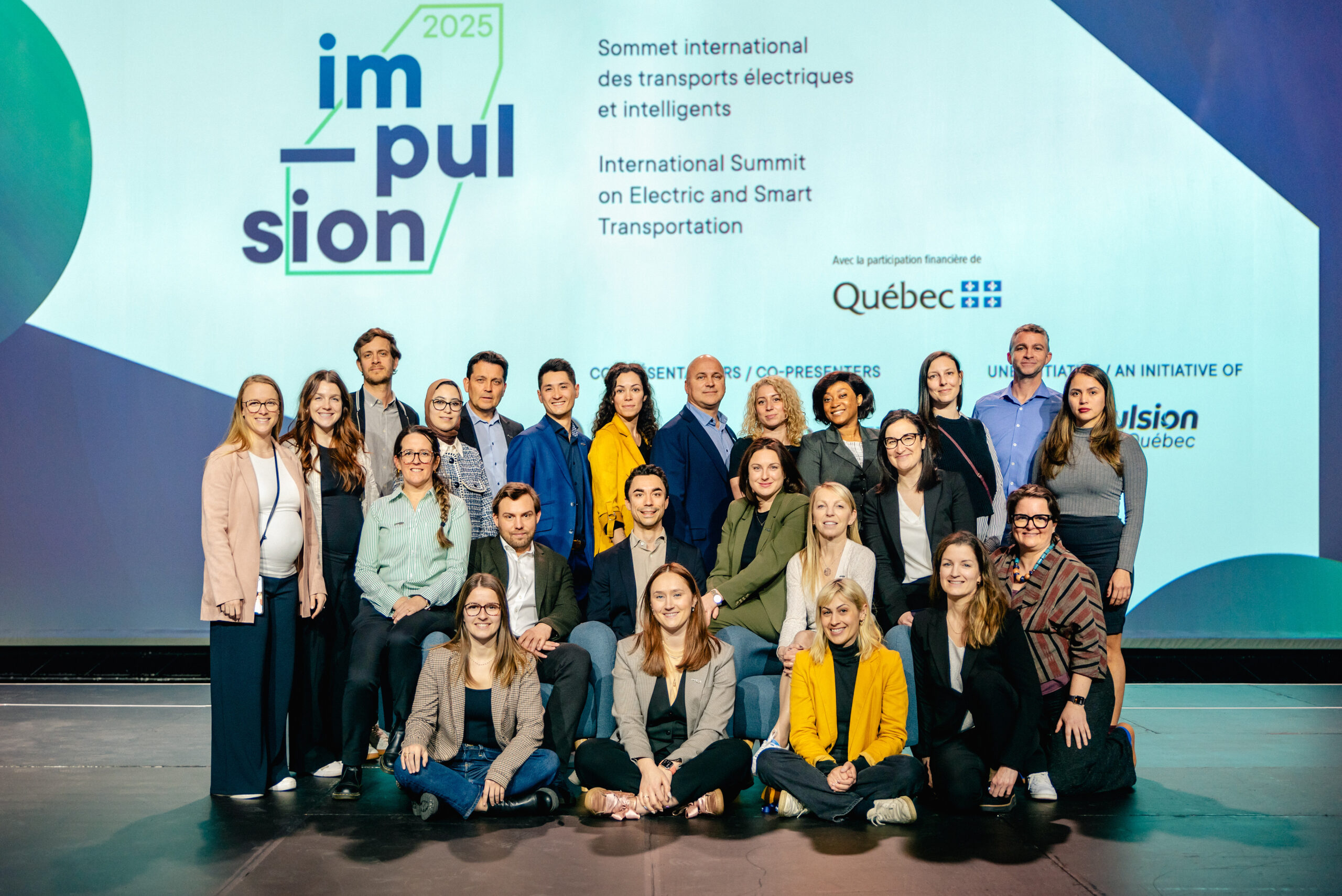
A look back on the event in photos
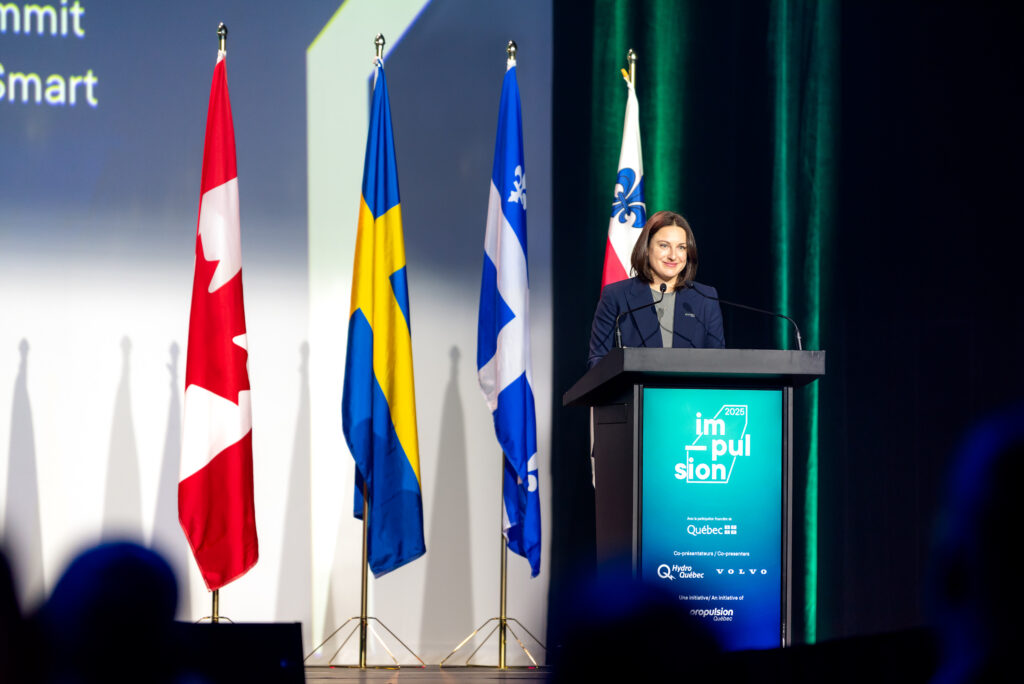
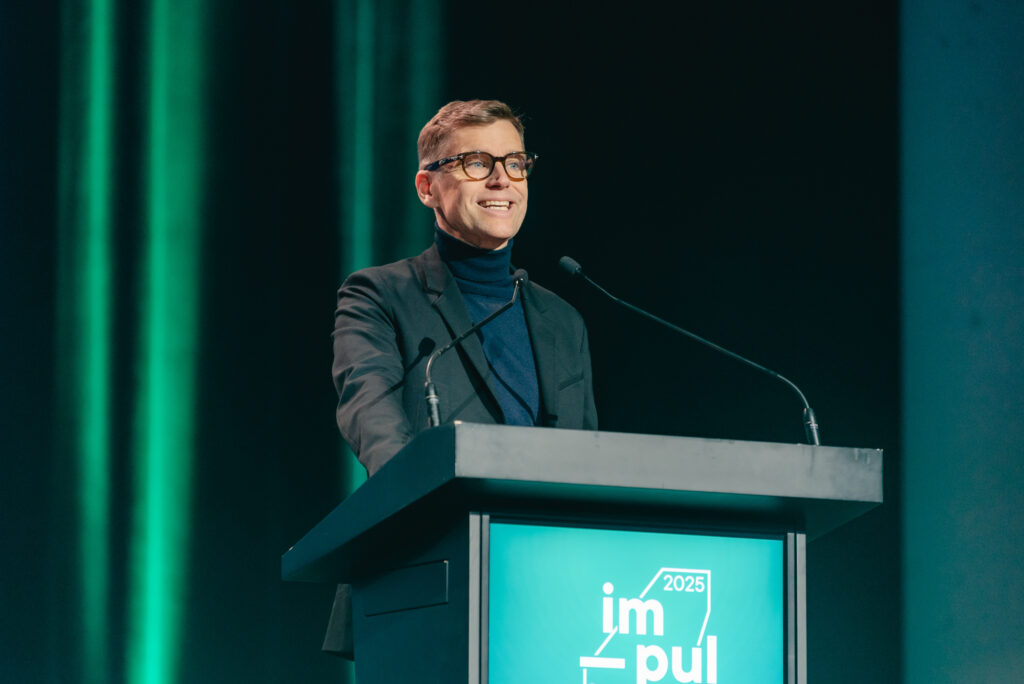
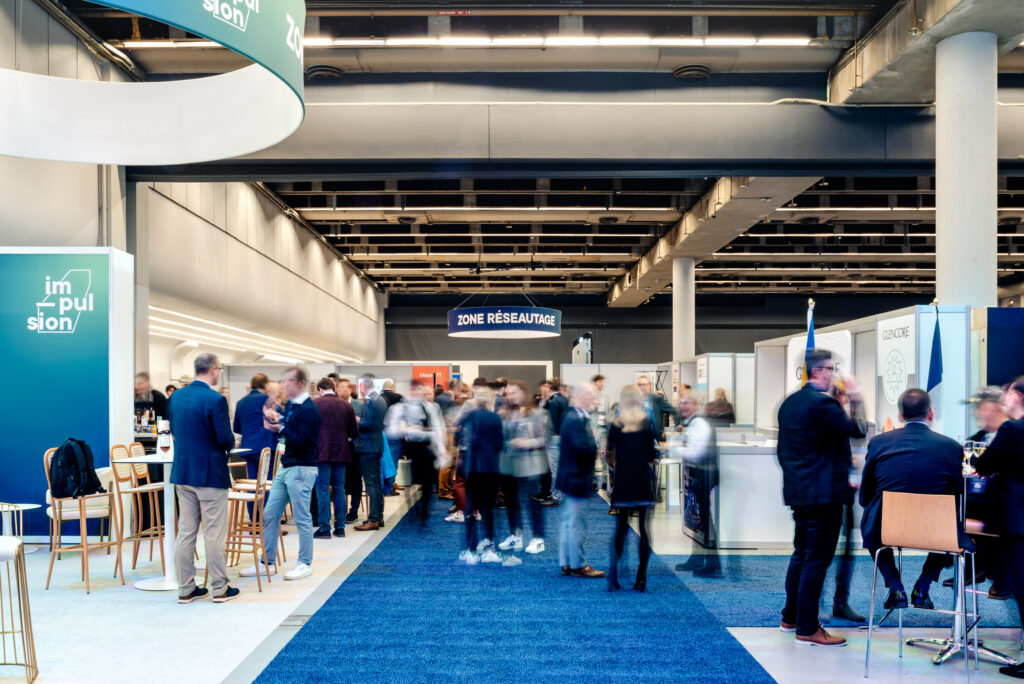
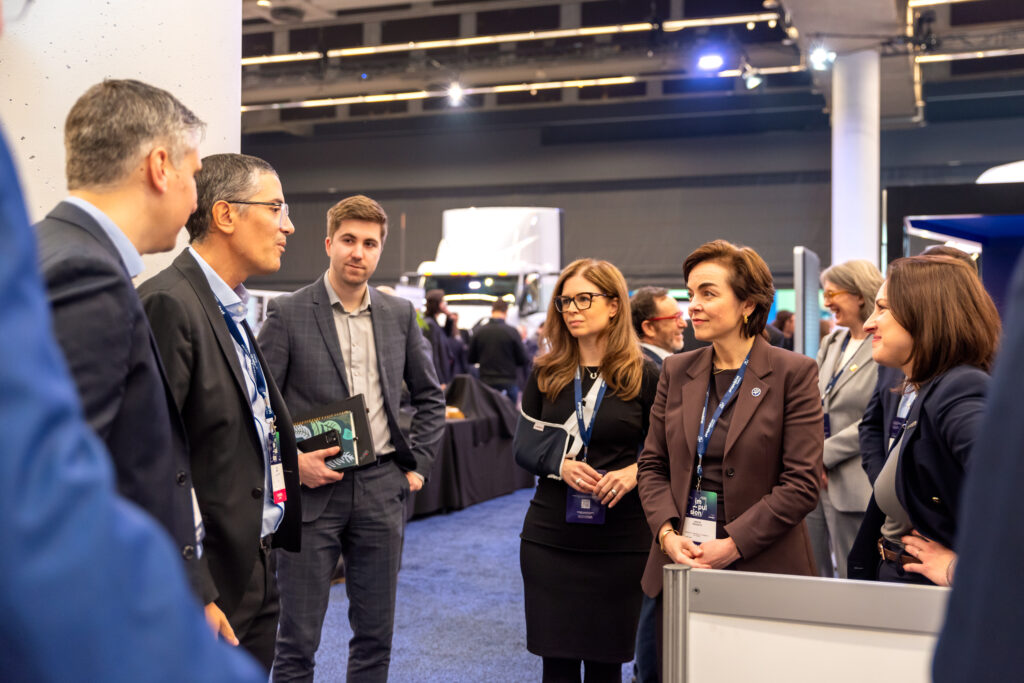
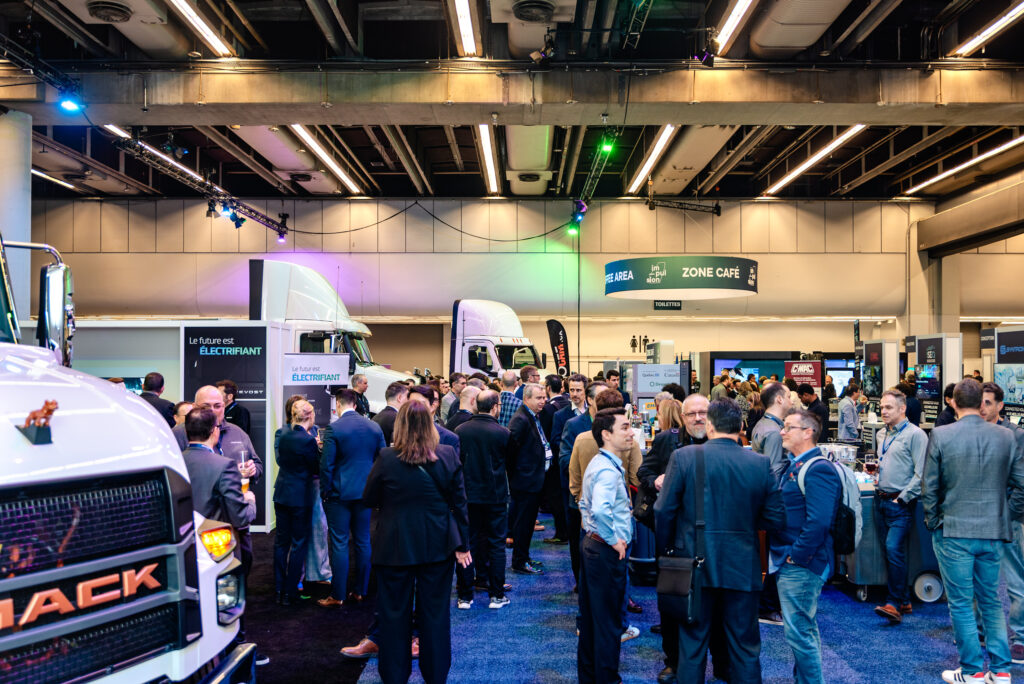
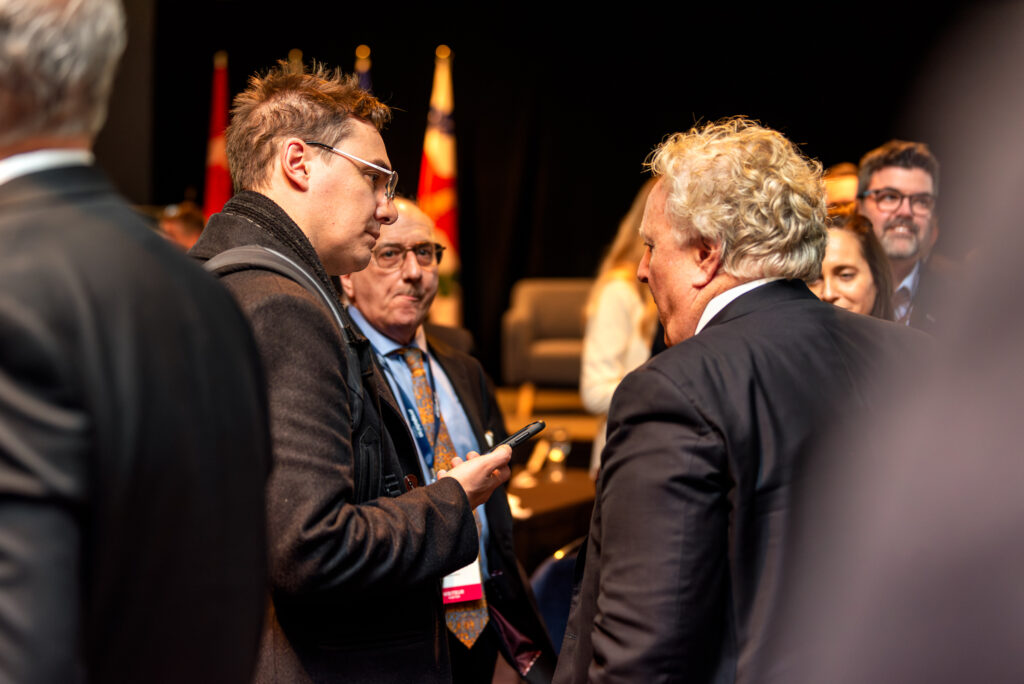

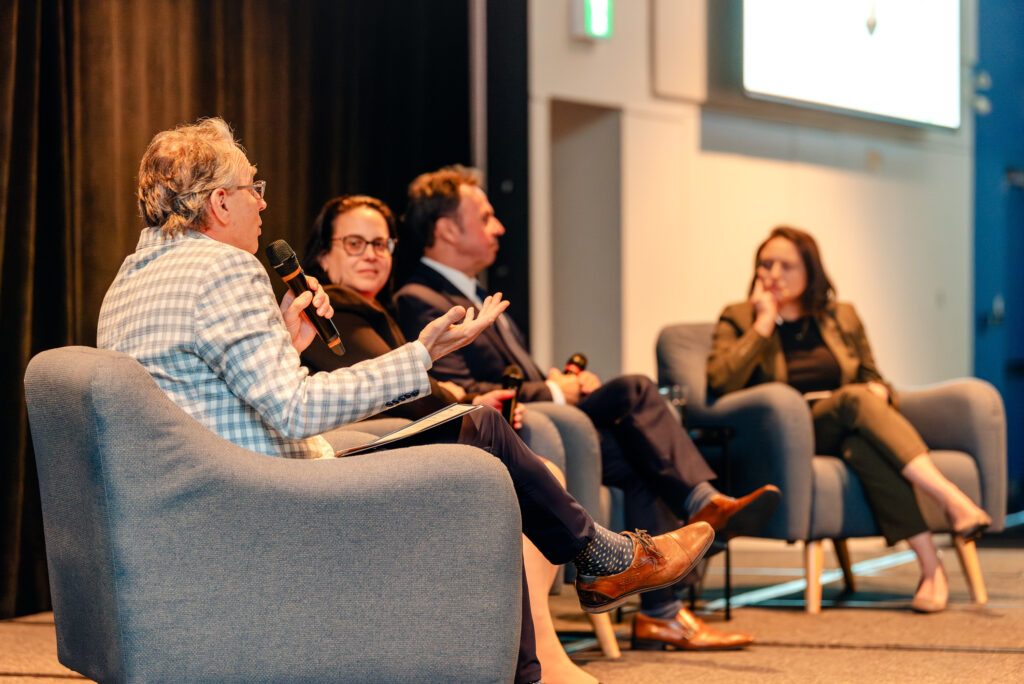
Photo credits : Mathieu B. Morin






















































